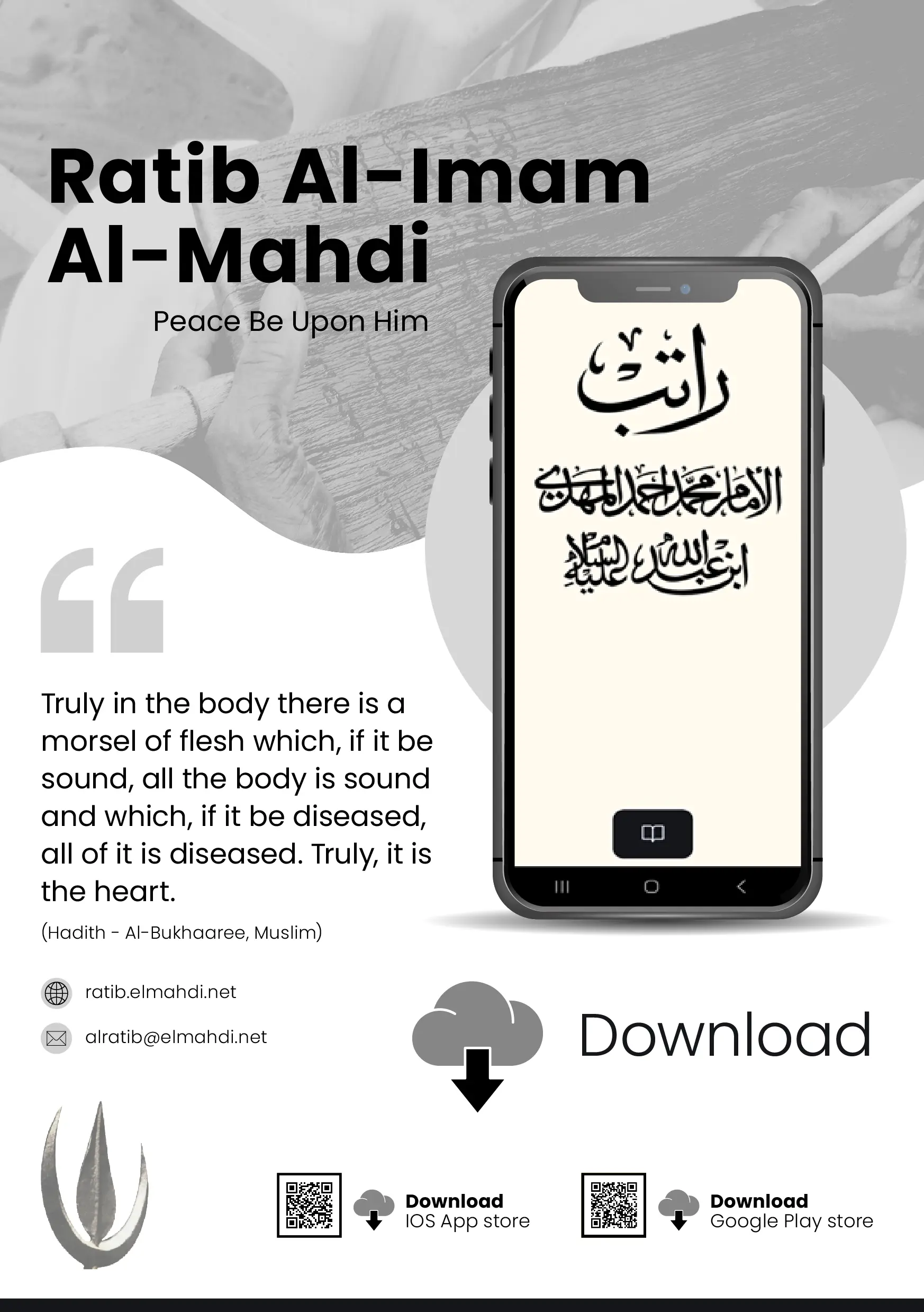Truly in the body there is a morsel of flesh which, if it be sound, all the body is sound and which, if it be diseased, all of it is diseased. Truly, it is the heart.
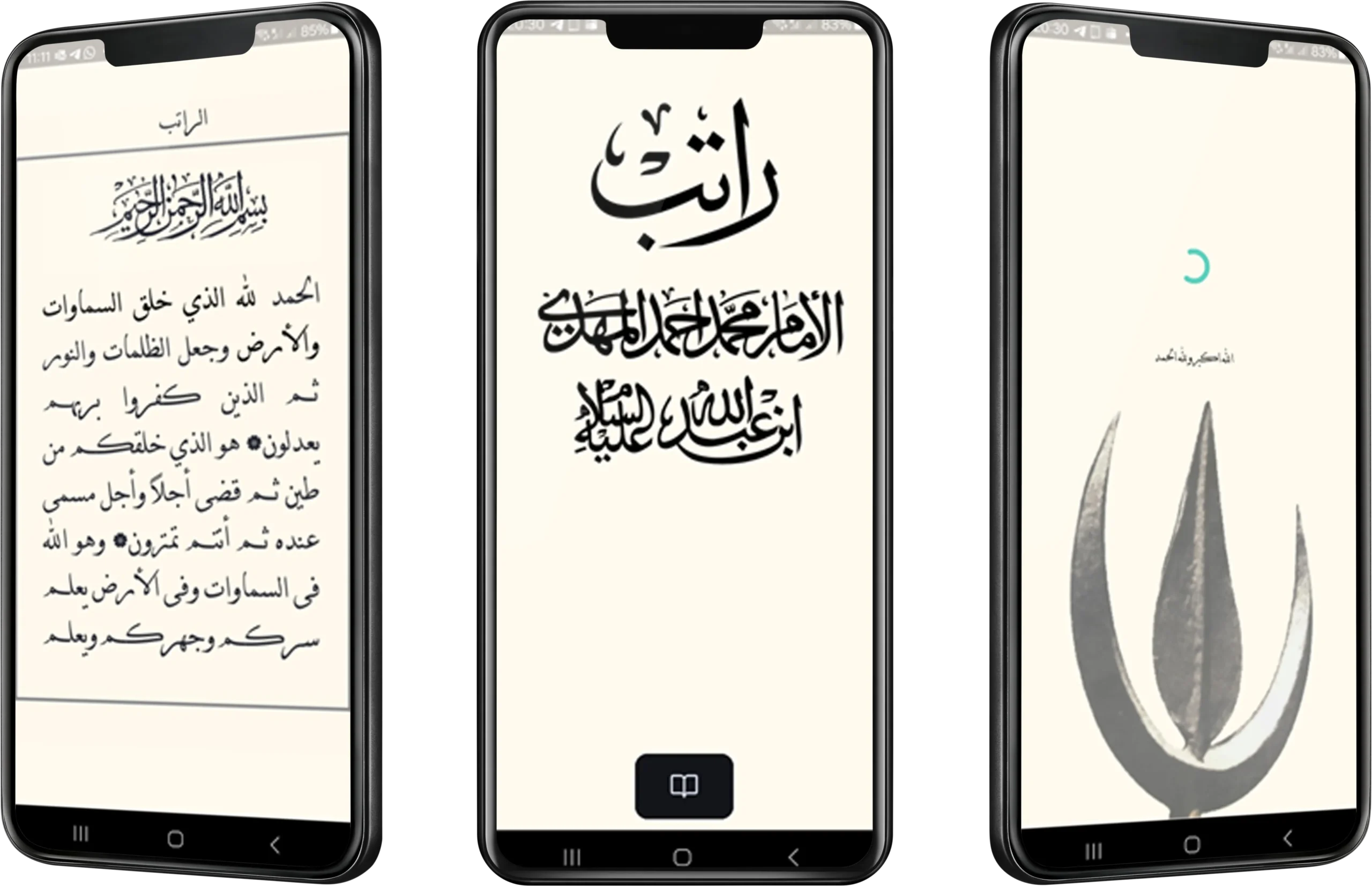
Ratib Al-Imam Al-Mahdi is a booklet (diwan) wholly dedicated to the remembrance of Allah (Subhanahu wa Ta’ala) and the Prophet Mohamed (Praise be upon him). It is a collection of carefully curated verses from the Holy Qur’an, Praise, and Supplications.
The Arabic word “rateb” is derived (adjective and noun) from the Arabic verb “arateb,” which is a past tense verb meaning “arrange.” It applies to anything that is done, read, received, or presented somewhere. A certain regular order of time.
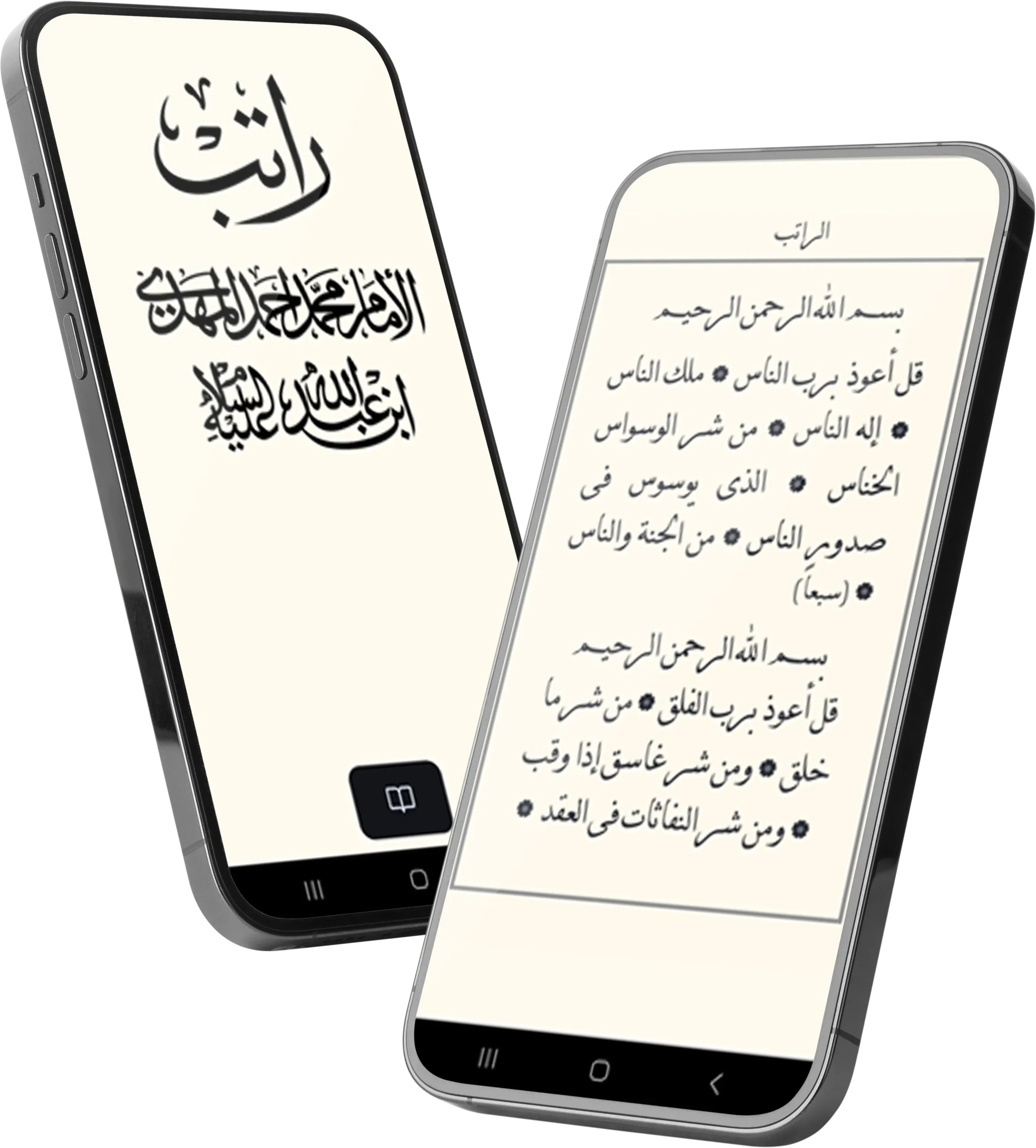
Today, we live in a fast-paced and increasingly turbulent world that is more than ever out of balance with the rhythm of our planet and our humanity. We live in a time where we are increasingly in need of righteous and good deeds, of improving our social relations, becoming ever better versions of ourselves, and improving our collective social, economic and environmental well-being.
Islam teaches us that the righteousness of our outwardly manifested deeds and actions is directly linked to the righteousness and condition of our heart. Islam prioritizes the well-being of the heart as it is the cradle from whence our outward actions and deeds take root. The Prophet PBUH says
“Truly in the body there is a morsel of flesh which, if it be sound, all the body is sound and which, if it be diseased, all of it is diseased. Truly, it is the heart.”
al-Bukhaaree, Muslim
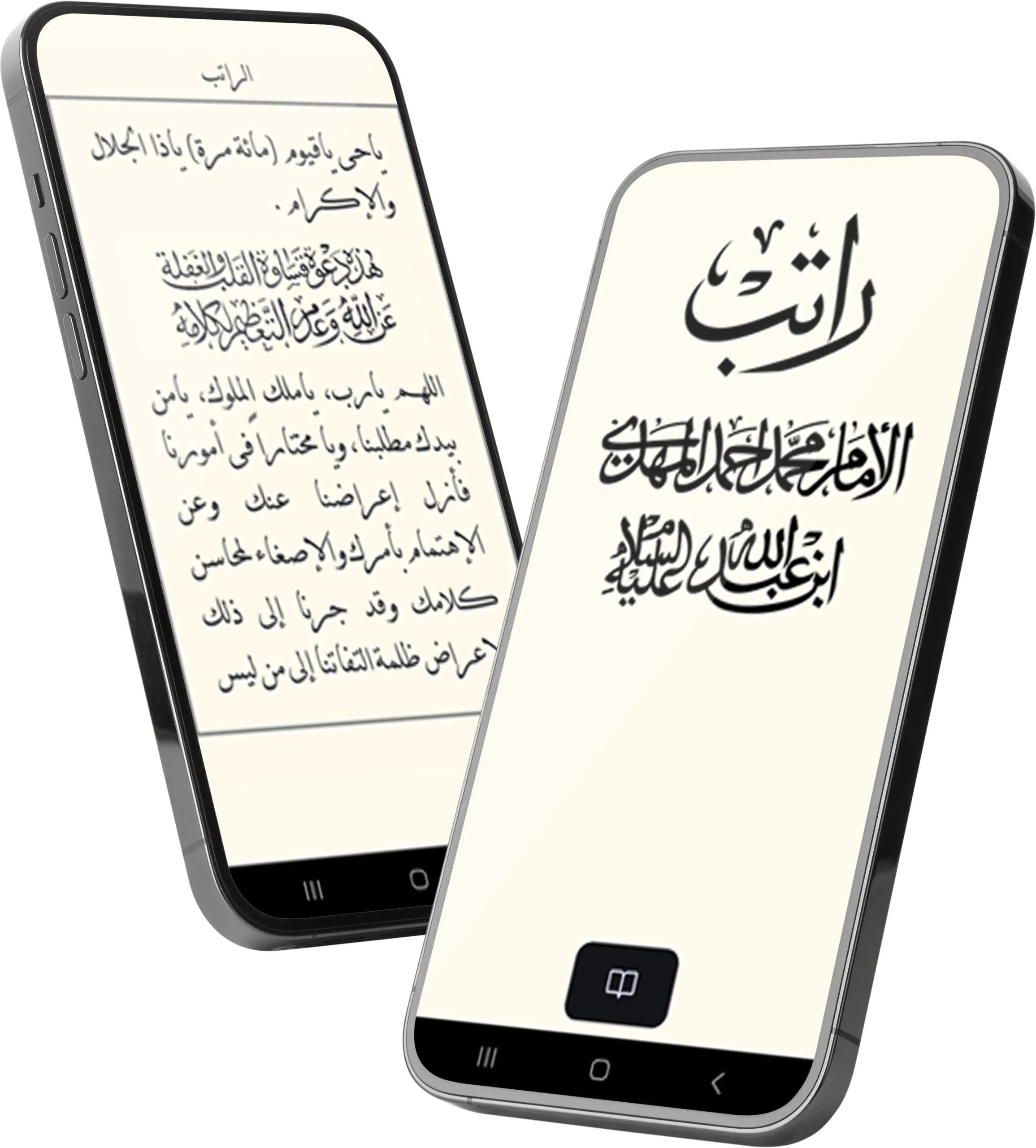
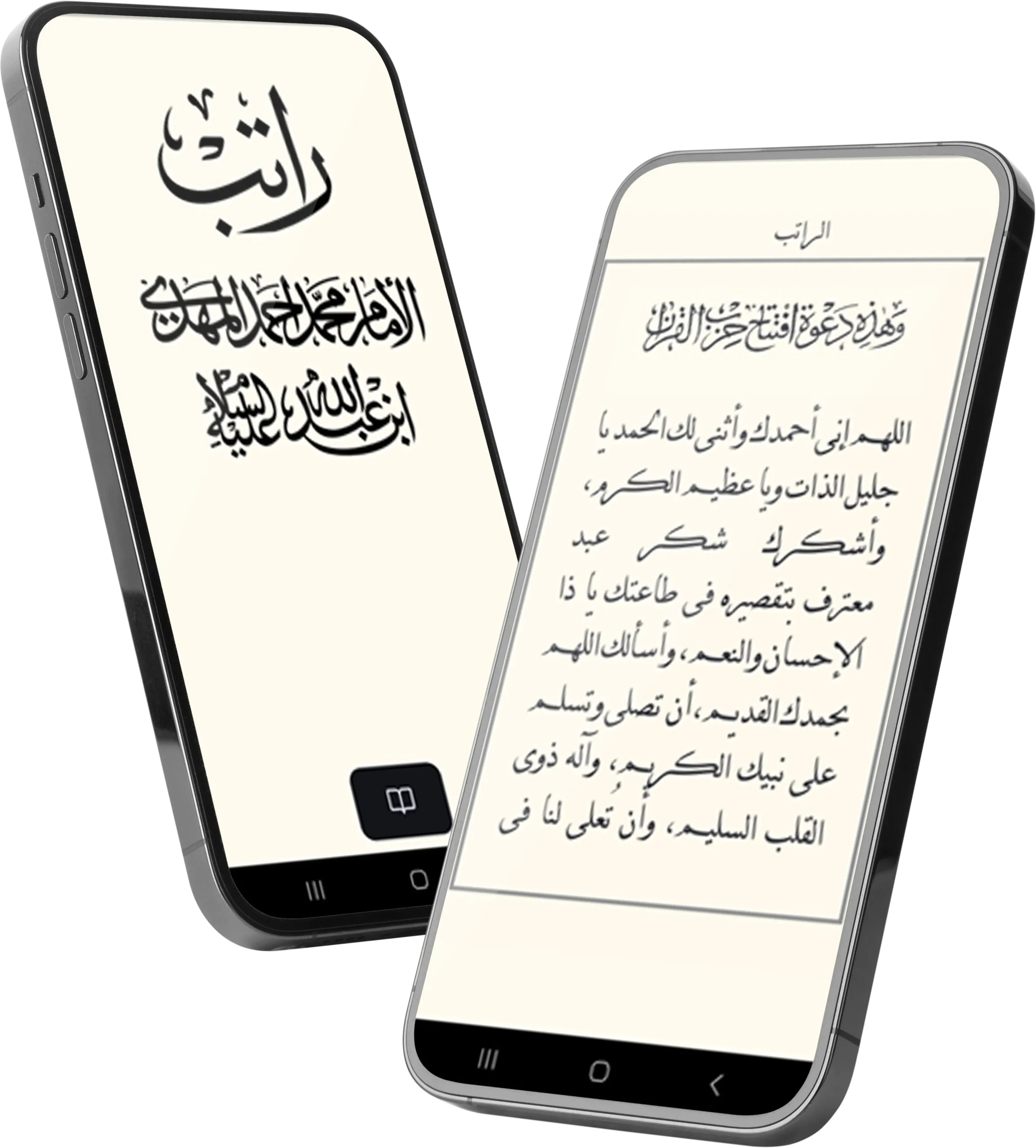
Islam also teaches us many ways our hearts may be nourished and made ‘sound’, thus prompting, and stimulating our outwardly righteous deeds and actions. Zikir or remeberance of Allah (SWT), Dua’a (Supplications) and Tasbeeh (Praise) are but a few that are amongst the easiest to indulge in.
“O mankind, there has to come to you instruction from your Lord and healing for what is in the breasts and guidance and mercy for the believers”
Surat Younis – Verse 57
The Prophet (pbuh) said:
“He who remembers his Lord and he who does not remember his Lord are like the living and the dead.”
al-Bukhaaree
And here lies the importance of Ratib Al-Imam Al-Mahdi, which came as his obedient and majestic response to the Quranic verse –
“O you who have believed, remember Allah with much remembrance”
Al-Ahzab – Verse 41
A response which took the form of a concise booklet of carefully curated verses from the Holy Qur’an, Praise, and Supplications, which he prescribes for Muslims to be taken (recited) during two blessed times of the day, after fajr prayers (the hours before sunrise) and again after Asr prayers (the hour before sunset).
“So be patient, [O Muhammad], over what they say and exalt [ Allah] with praise of your Lord before the rising of the sun and before its setting”
Surat Qāf – Verse 39
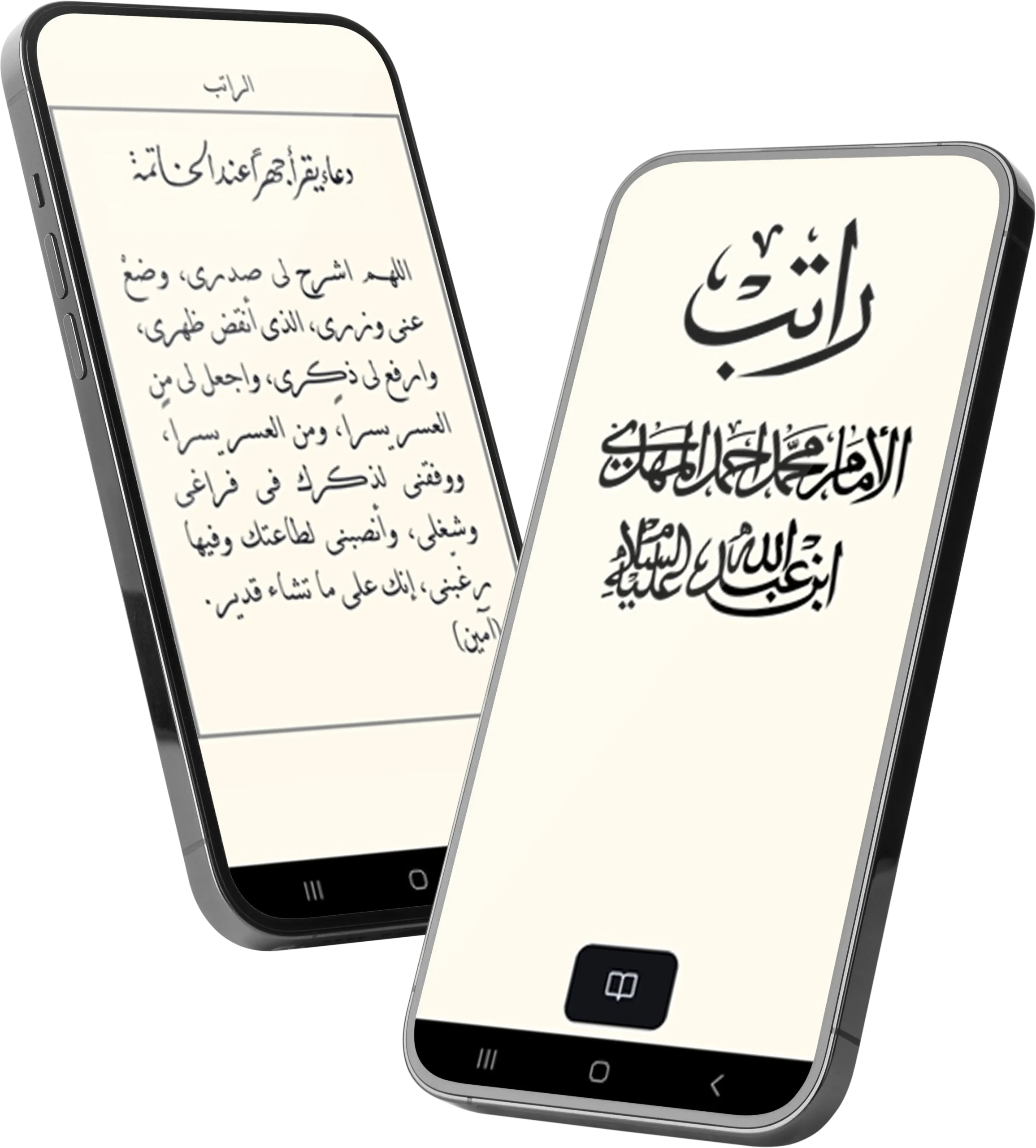
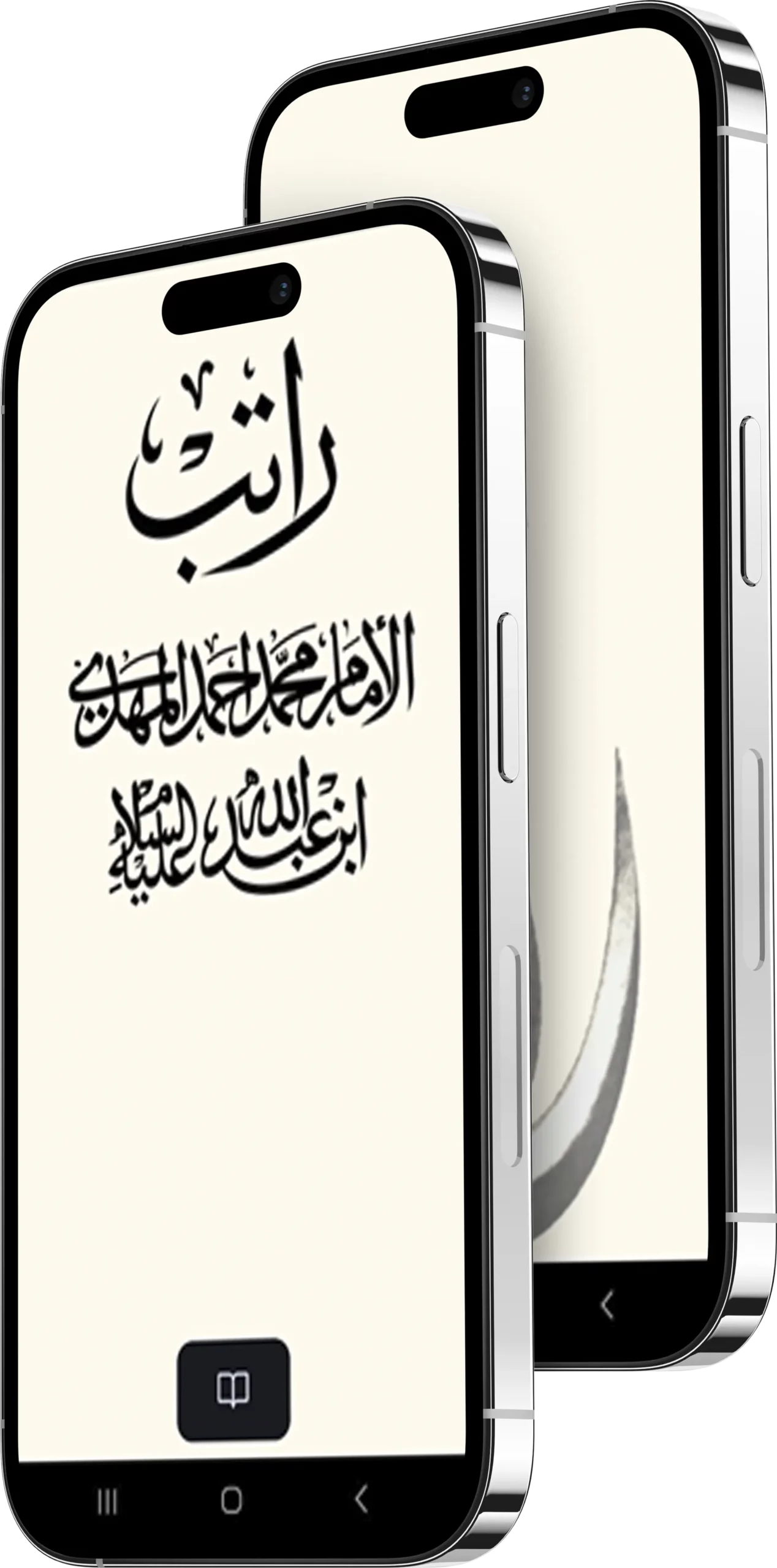
The Benefits
Outwardly righteous actions aside, there are benefits and rewards to be gained from reciting the Ratib (during the two blessed times of the day) and, in the process, nourishing and maintaining a healthy heart. Some of these benefits include happiness, self-confidence, a sense of belonging and purpose, and an overall healthy state of psychological well-being.
Whoever does righteousness, whether male or female, while he is a believer – We will surely cause him to live a good life, and We will surely give them their reward [in the Hereafter] according to the best of what they used to do.
Al-Nahl – Verse 97
Another benefit is that good deeds are rewarded by Allah with a good ending in this life. In Islam, the concept of a “good ending” (known as husn al-khatimah) holds great significance. It refers to departing from this world in a state of faith, with sincere repentance, and with the hope of meeting God in a positive manner. Such an ending is a blessing and a mercy from God.
The narrator Anas (may Allah be pleased with him) says that the Prophet (peace be upon him) said:
When Allah wills good for His servant, He uses him.’ They said, ‘How does He use him?’ He said, ‘He guides him to do good deeds before he dies.
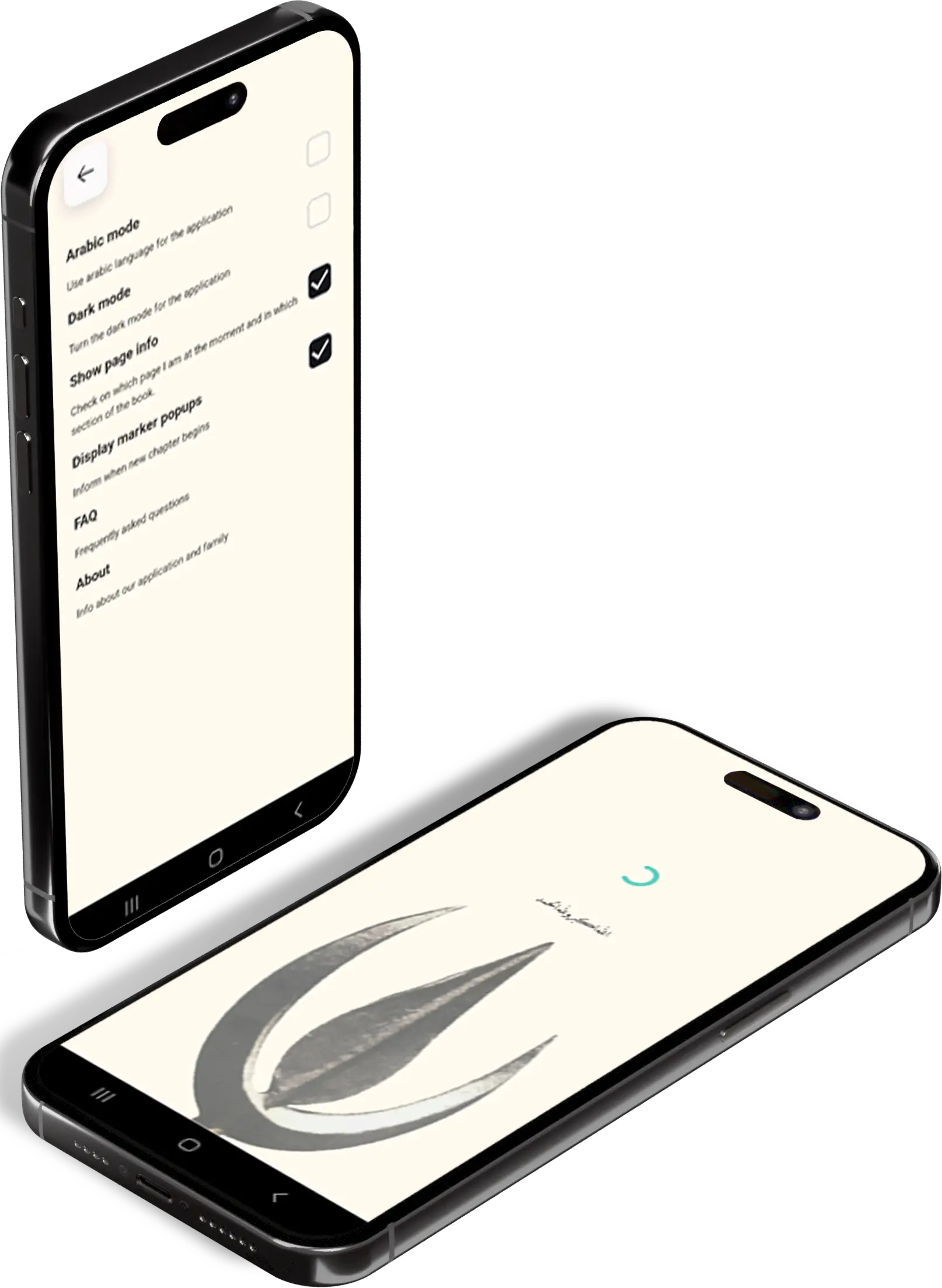
App Features
The Ratib App features access to the complete text of Al Ratib on a Phone or Tablet (Android or IOS), a Search Feature for effortlessly searching or locating any text or word in Al-Ratib, and Bookmarks functionality, which allows users to add bookmarks and quickly pick up where they left off with their reading.
About the Writer
The writer of “Al-Rateb” is Muhammad Ahmed bin Abdullah, the Mahdi, a Sudanese leader and religious figure who led the Mahdist revolution against Turkish-Egyptian rule in Sudan in the nineteenth century. He was born on Labab Island in the city of Dongola in northern Sudan in 1843 AD, and received religious and Sufi education in various orders. He gathered an army of supporters around him and fought many battles against the Turkish, Egyptian and British forces. He succeeded in liberating Khartoum, the capital of Sudan, in 1885 AD and established the Mahdist state, which ruled Sudan for more than 14 years. He died in the same year as the liberation of Khartoum and was succeeded by his Caliph Abdullah al-Taayshi, who resisted the British occupation until the fall of the Mahdist state in 1899.
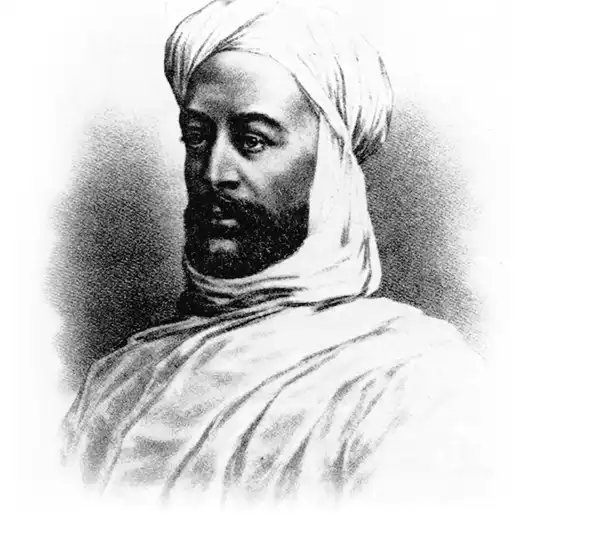
FAQ





